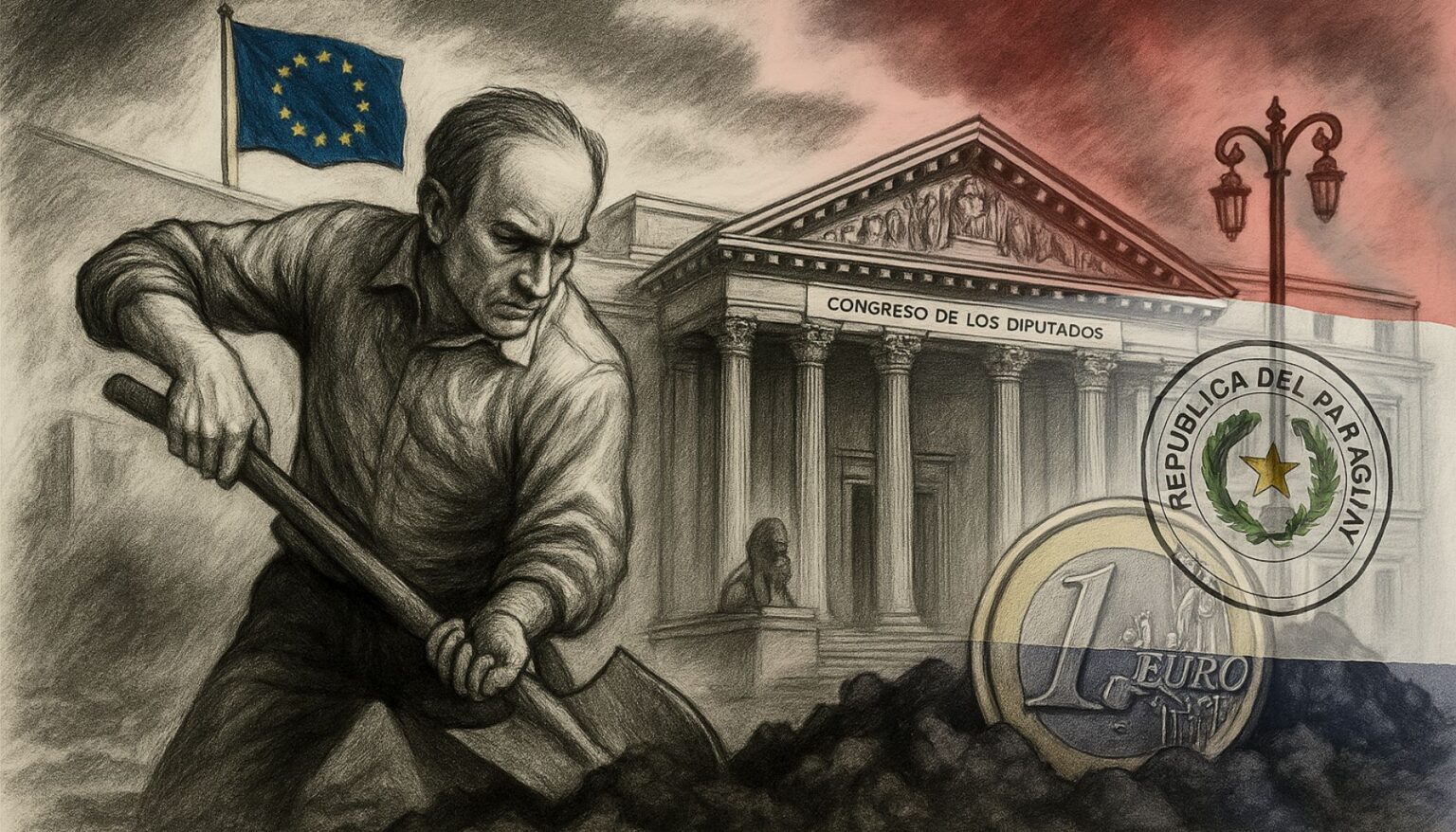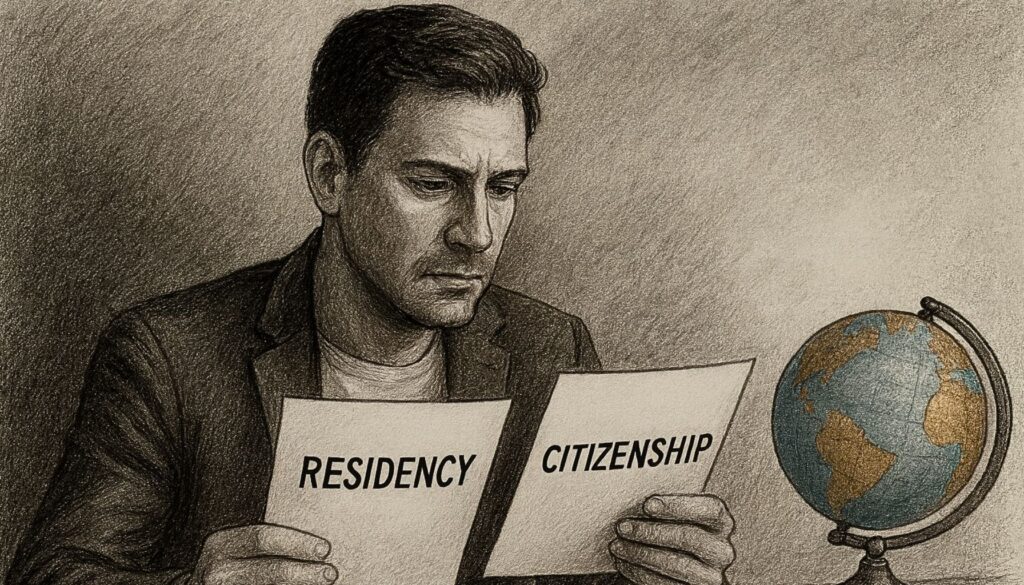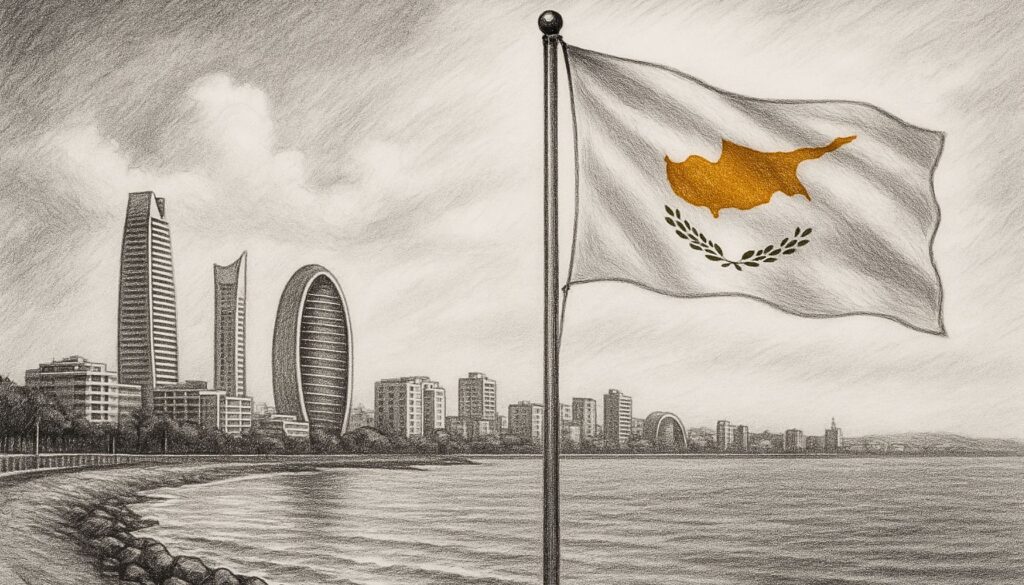Nomad, just when you think the Spanish landscape can’t get any worse, a new masterstroke emerges that confirms your worst suspicions. This time, the blow isn’t disguised as “solidarity” nor a more sophisticated fiscal algorithm to watch over you. No. While the noose tightens in Europe, things are different in other countries. For example, economic growth in Paraguay is emerging as a real alternative for those seeking freedom and profitability.
The most recent proof of the Spanish disaster is a proposition: the Law to promote affordable housing rentals. If approved, it could leave you without a single euro of capital gain when selling your home, just for “choosing the wrong” buyer. The “sin”? Selling to someone from outside the European Union. And you know what’s worst: it doesn’t seek to protect the citizen or lower rent. It aims to punish those who invest, those who produce, those who build. In today’s Spain, prospering remains a threat to the official narrative.
This escalation of fiscal interventionism is no coincidence. It reflects a dangerous trend that is making investment in Paraguay and other emerging markets increasingly attractive. The stability and opportunities they offer contrast sharply with the uncertainty experienced in some of the most “developed” economies.
That’s why today we will see why investing in Spain has become a high-risk sport. And, above all, how investment in Paraguay not only offers more profitability, but also less risk, and many more opportunities for those looking to grow without asking for permission.
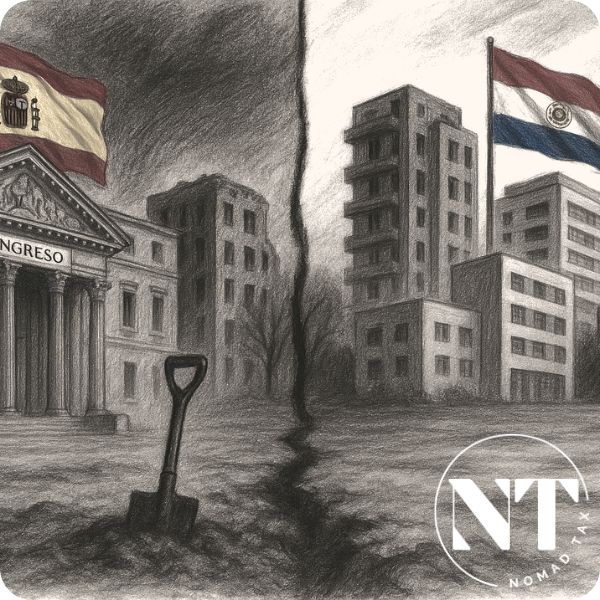
Indice del artículo
Economic growth in Paraguay: profitability without ideology
Economic growth in Paraguay is not an electoral narrative or an institutional marketing gimmick. It is a sustained phenomenon, documented by international organizations and proven in practice by thousands of investors who decided to operate in a jurisdiction that does not make them a tax target.
Economic growth in Paraguay in figures: more than a trend
According to data from the World Bank and the IDB, Paraguay has maintained GDP growth of over 4% annually for more than a decade. Even in the toughest years of the pandemic or during regional crises, the Paraguayan economy did not stop. There was no collapse. There was consistency.
Contained debt, controlled inflation, and no fiscal populism
Paraguay maintains public debt below 40% of GDP, well below the regional and European average. Its inflation, though not immune to the global situation, is controlled within reasonable margins. The result? A State that doesn’t need to squeeze citizens with retroactive tax hikes, nor justify hidden confiscations with ideological discourses. Taxation in Paraguay works because it doesn’t try to solve political issues through taxation.
Why doesn’t Paraguay’s growth depend on the narrative?
Because it doesn’t need to. Economic growth in Paraguay is not sustained by massive subsidies or propaganda campaigns. It is built on concrete foundations: legal certainty, respect for private property, and a pragmatic vision of development. Here, legislation is not enacted against the investor. The entrepreneur is not criminalized. The law does not change every time the government changes. And that, in 2025, is worth more than any promise of “stability” in Europe.
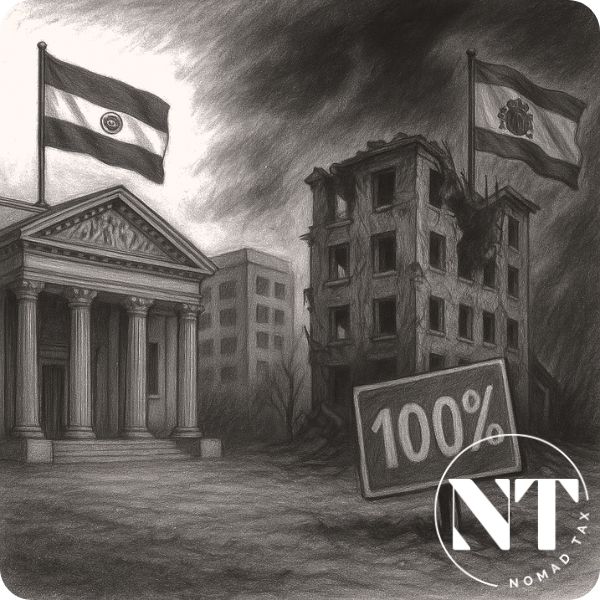
Investment in Paraguay versus Spanish decadence
In Latin America, concrete options are emerging for those seeking stability, predictability, and room for maneuver. Among them, Paraguay grows without asking permission. But in cases like Spain, we cannot say the same:
From capital gains to 100% tax: exit signals
The most recent case is that of Spain. In 2025, Congress received a bill that would allow the State to apply a supplementary tax of 100% on the gain obtained from the sale of a property… if the buyer does not reside in the European Union. It would also allow the State the option to intervene and acquire the property at the purchase price if it “suits the social interest.”
And to top off the panorama, the same legislation imposes severe fiscal penalties on SOCIMIs that do not yield enough housing stock for “affordable” rent, raises VAT to 21% on short-term tourist rentals in most cities, and applies state surcharges on vacant housing along with cuts to deductions for free rental. It’s not just about what the law says, but what it represents: the right to dispose of your assets becomes subordinate to political criteria. It’s disguised expropriation.
The General Council of Economists directly called it “madness.” PP, VOX, Junts, and PNV agreed on the essential point: we are facing an excessive state intervention in the private market. Brussels was quick to react: the European Commission opened an infringement procedure against Spain for violating the free movement of capital, established in articles 45 and 63 of the TFEU. But while the file is being discussed in official offices, distrust has already settled in the market.
European legal uncertainty vs. Taxation in Paraguay
Europe’s problem is not just fiscal. It’s structural. Regulations change with each legislature, criteria are interpreted arbitrarily, and retroactivity has become a political tool. In such an environment, long-term planning is simply impossible.
In contrast, countries like Paraguay have opted for a more sober, less volatile legal framework focused on protecting the investor. Taxation in Paraguay is not perfect, but it is predictable. There are no worldwide income taxes, no wealth taxes, and no penalties for legitimate asset ownership.
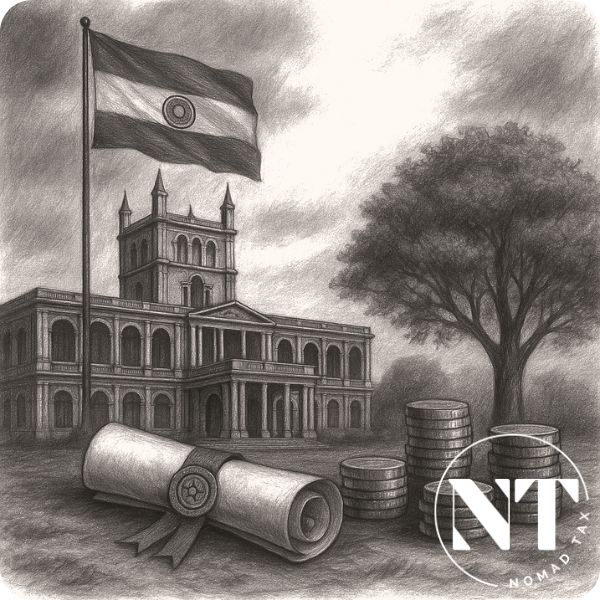
Paraguay’s real estate market: real profitability versus European collapse
In Asunción, gross rental yields range between 7% and 12% annually, according to industry data and portals like InfoCasas. Areas such as Villa Morra, Carmelitas, or the corporate hub concentrate sustained demand from professionals, foreign students, and remote workers.
In contrast, cities like Madrid or Barcelona offer returns that, after taxes and expenses, rarely exceed 4%. And that’s if the property doesn’t fall under new surcharges for vacant housing, price controls, or the 21% VAT applied to tourist rentals. The difference is not just percentage-based. It is structural.
Residence and structures to protect your wealth
Paraguay offers a clear residency process, without high investment requirements or unnecessary procedures. Permanent residency is accessible and compatible with simple corporate structures, efficient banking, and real capital protection.
Furthermore, it is not part of automatic global exchange systems like CRS in its most aggressive application, which allows for greater financial privacy within legality.
Spain protects the squatter. Paraguay protects the owner.
Real estate investment, under legal siege
In 2025, cases of illegal occupation in Spain continue to rise. Reports of usurpation accumulate and judicial processes guarantee nothing. There are owners who, even with an eviction order, see their home reoccupied within hours. For many, the only way out is to sell below real value or resign themselves to loss.
This is not an exception. It is the usual functioning of the system. Spanish legislation has turned property into a formal title, but not necessarily an operational one. Investment is no longer backed by the State. It is at its mercy.
In Paraguay, rights are not negotiable
In Paraguay, this scenario would be absurd. There are no legal frameworks that protect the illegal occupant. The law protects the owner from day one. There is no political romanticism around occupation nor populist rhetoric that justifies dispossession. Justice is not perfect, but it has a key advantage: it is not designed to punish those who comply. Due to all the above, Paraguay’s growth does not stop.
Invest where the law backs your profitability
This marks a substantial difference. Because when you analyze Paraguay’s real estate market, you’re not just observing attractive returns. You’re entering an ecosystem where legal certainty is part of profitability.
In a continent where the concept of property is beginning to blur, choosing the right ground on which to build your wealth is more important than ever.
This is not just an opportunity. It is the strategic decision
Paraguay is not an economic miracle, nor an improvised refuge, but a jurisdiction that, in a world increasingly adverse to productive capital, still respects the basic rules of the game and defends those who comply.
And perhaps the most powerful thing about Paraguay is not what it has, but what it does not yet suffer: urban saturation, real estate hyper-regulation, a volatile tax system, or fear of private investment. Its absence makes it fertile ground for independent capital.
This contrast is abysmal: while in Europe, fiscal engineering multiplies to justify the unjustifiable, investment in Paraguay is respected, profitability is tangible, and the investor does not need to disguise themselves as a victim to avoid being criminalized.
Indeed, economic growth in Paraguay is not a promise; it is a reality built on simple foundations: reasonable taxes, legal certainty, low state intervention, and a culture that still values those who build. It’s time to stop reacting and start building in a place where your success is not a threat.
Schedule your consultation with Nomad Tax and let us design a strategy that works even when the system doesn’t.
